6. Mel Brooks – Blazing Saddles & Young Frankenstein (1974)
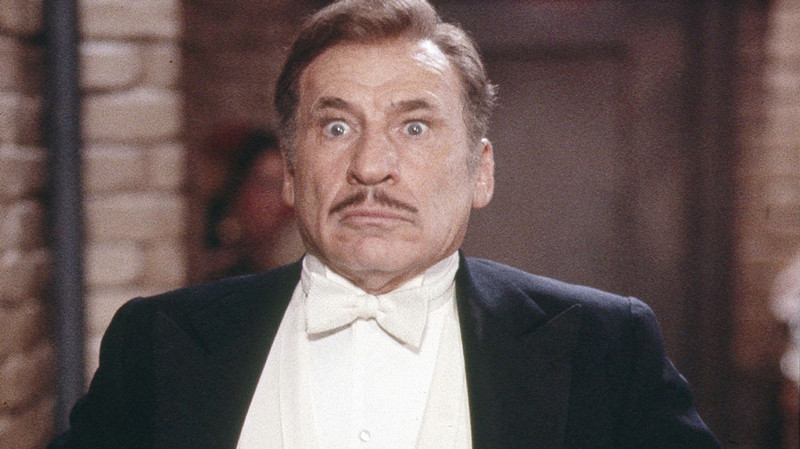
The one thing the business is sorely missing today is the type of comedy Mel Brooks was doing back in the day. His comedy was parody, yes, but a refreshing parody that was also a homage. You got the sense that he loved the genres he was making fun of enough to point out their shortcomings. And the year 1974 saw Brooks delve into two crowd favorites: the western and the horror for what must’ve been one hilarious year.
“Blazing Saddles” is one of the finest westerns ever made. Yes, you read that right. Shining a lantern on the racism that’s mostly absent in Hollywood’s versions of the west, the film’s hero is a black sheriff who’s brought to a town with plans of driving the locals away in order to make room for the new railroad. There’s always tension when there’s a new sheriff in town, but you can imagine what happens when he turns out to be a Negro – hilarity, of course.
The genre’s conventions are also made fun of as well as movie-making in general. With the script written by Brooks, Andrew Bergman and legendary comedian Richard Pryor, you know you can expect great comedy. From slapstick fart jokes to subtle dialogue humor, the film has all types of comedy.
“Young Frankenstein” is undoubtedly Brooks’ funniest film. It follows Victor Frankenstein’s grandson, who’s ashamed of his family’s legacy. It gets worse for him when his grandfather dies and leaves him his mansion where he discovers the man’s lab and latest creation. He soon becomes obsessed with finishing his grandfather’s work, and comedy gold is set.
Gene Wilder definitely gives one of the greatest comedic performances ever. He goes from respectable doctor to a nutty, mad scientist when he creates the monster. The jokes come quick and fast and the black-and-white cinematography gives the film a nostalgic feel, like classic horrors from the Universal era. These two films showed why Brooks was and frankly still is one of the most talented people to ever live.
7. Oliver Stone – The Doors & JFK (1991)
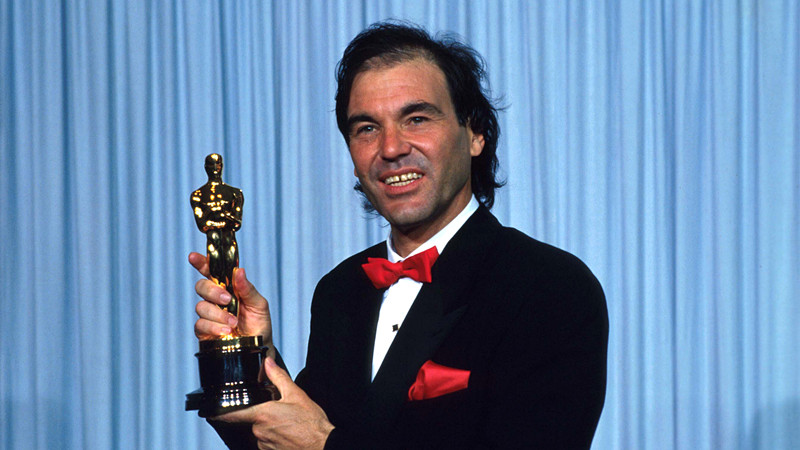
Back in the day, during the height of his directing career, Oliver Stone was particularly interested in American history. Not the history of the Founding Fathers, but rather recent events that shaped a country through some of its most iconic times. From Vietnam with “Platoon,” the stock market with “Wall Street,” to American music and the politics of the 1960s with “The Doors” and “JFK.” Both of those films received mixed responses, particularly for their mix of truth with fiction, myth, conspiracy and whatever else Stone dished up.
“The Doors” focuses on the band’s iconic and charismatic frontman: poet and lead singer Jim Morrison. The film and particularly its depiction of Morrison were not well received by the singer’s friends, family, and bandmates. In fact, the band members of the Doors outright hated the film, calling it complete fiction. And in most regards, the film is a missed opportunity at offering great insight into a troubled, mysterious and polarising figure.
It mostly plays like a greatest hits of the rock-star lifestyle of living fast and dying young. But what keeps the film engaging is Val Kilmer’s amazing performance. He is pitch-perfect as the Lizard King, embodying his personality and mannerisms and his sexual prowess and voice during musical performances. Not that “The Doors” is a bad film, as it does feature some exquisite filmmaking and is a great film hindered by those who are aware of Morrison’s story.
Then came “JFK,” which is one of the most controversial and polarising films ever made. Following the assassination of President John F. Kennedy, a real-life district attorney suspects that there’s more going on than the public is told. Although Lee Harvey Oswald was apprehended as the sole culprit, his search for the truth and justice takes him on an obsessive ride of conspiracy theories and cover-ups involving high ranking government officials.
The film has a committed dream cast that includes Kevin Costner, Kevin Bacon, Tommy Lee Jones, Laurie Metcalf, Gary Oldman, and a one-scene-stealing Donald Sutherland. Whatever you think of the film’s conspiracy theories, you can’t deny the sheer filmmaking craft.
“JFK” is Oliver Stone operating at his filmmaking and provocative best. Its three-hour runtime flies by as we follow one lead to the next. It’s the thriller that influenced all the “searching for something or someone” thrillers that followed in its wake.
8. Steven Spielberg – Jurassic Park & Schindler’s List (1993)
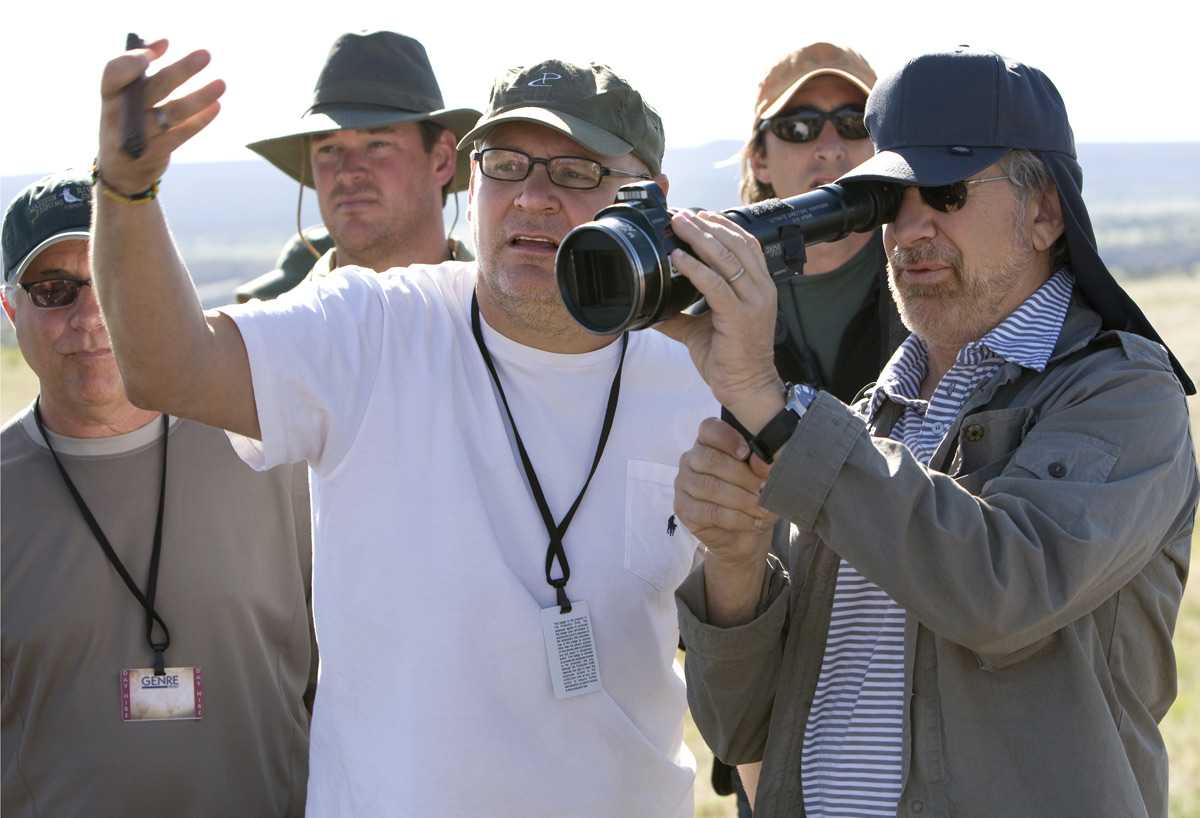
Steven Spielberg’s filmography can be split into two categories: the big-budget extravaganzas that defined the summer movie-going experience, and the intimate dramas that fit perfectly into awards-season fare. Both are certain to be box office hits. Just like Alfred Hitchcock, Spielberg had his finger on the pulse of what moviegoers wanted and he gave them bucketloads of it.
“Jurassic Park” saw Spielberg retain his crown as box office king. He again revolutionized the summer blockbuster, which he helped create with landmark computer-generated imagery. Set on a fictional island that doubles as a theme park where cloned dinosaurs start running amok after industrial sabotage, this was a film you had to see because it brought something new to the table.
The majestic dinosaurs were the real MVPs of the show. Aside from the film’s flaws in the writing department, the dinosaurs and Jeff Goldblum are what keep you entertained and thrilled. “Jurassic Park” is the definition of a popcorn movie and sometimes that’s all we want.
“Schindler’s List,” on the other hand, saw Spielberg operating at his best in all departments. From the directing, acting, cinematography, writing and music, the film remains engrossing throughout. It follows a German businessman who saved the lives of just over a thousand Polish Jews from the Holocaust by employing them in his factories. A personal film for the director, you can sense the amount of care he put into every frame, every shot, and every decision.
Featuring career-best performances from Liam Neeson, Ben Kingsley and Ralph Fiennes, it’s an acting powerhouse that never fails to leave an impression. Shooting it in black and white was a risky decision that paid off in helping it feel real yet timeless at the same time.
And when that sentimental trademark Spielberg ending that you know is coming finally arrives, you can’t complain because the story works overtime to earn it. Either that or you’re just too exhausted to complain.
9. Steven Soderbergh – Erin Brockovich & Traffic (2000)
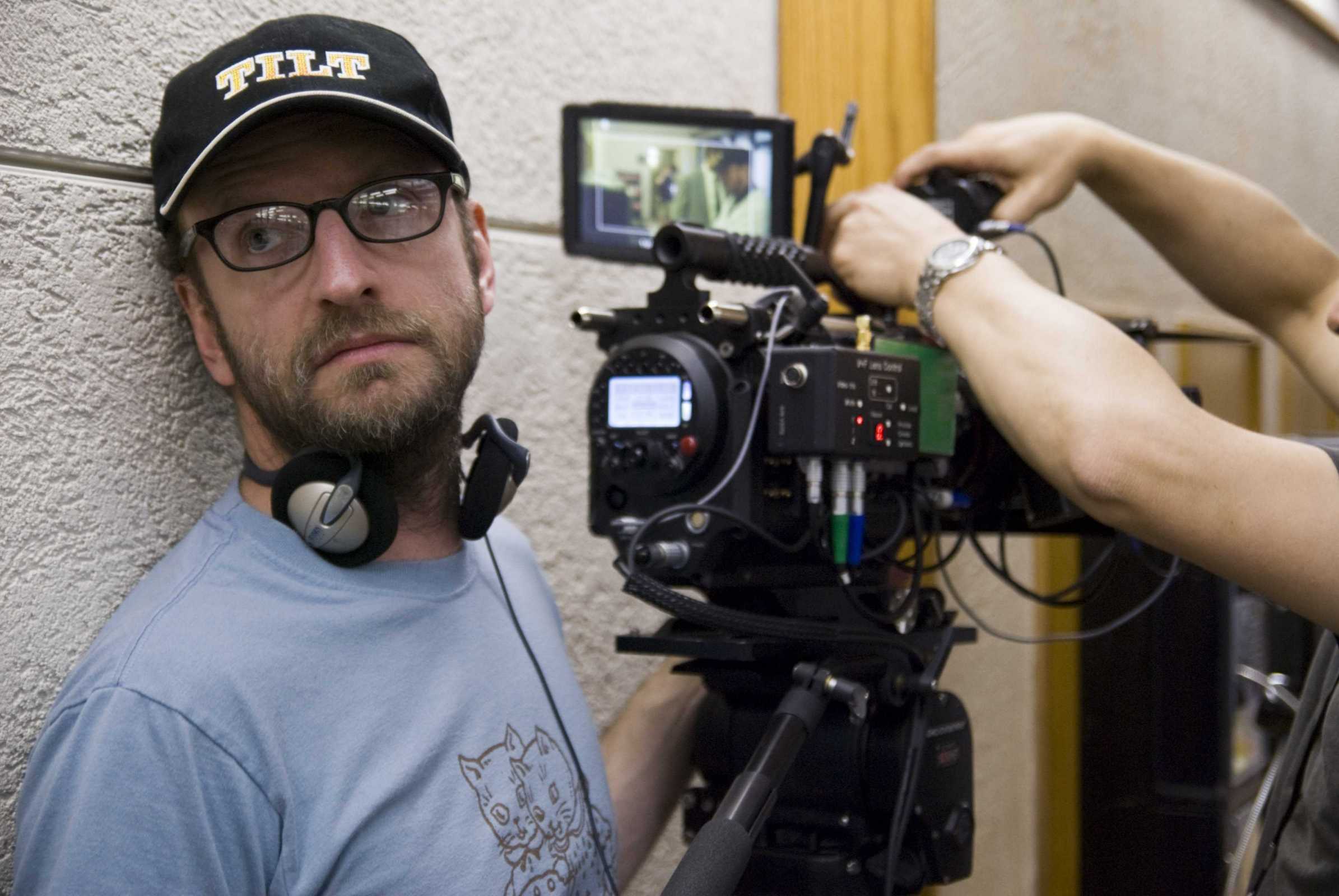
The year 2000 was Steven Soderbergh’s most commercially successful year aside from whichever years he made the “Ocean’s” series. Aside from critical acclaim, at that point in his career, the multitasking filmmaker had yet to make a bonafide box office hit, and that year he succeeded and then some by making two.
“Erin Brockovich” is the type of based-on-a-true-story film that seems like it was created solely to get its actress an Oscar. And in some regards it is. Julia Roberts carries the whole picture with her multilayered performance that has the actress doing everything from shedding tears, using profanities, going on “missions,” and being a larger-than-life character. But not in the James Bond sense.
Erin Brockovich is a real-life woman and single mother of three who fought against a big energy company that was contaminating the local water. Soderbergh has always been an understated director who’s not interested in showing off, but more in entertaining his audience. And that’s exactly what he does here, effortlessly keeping the film from being a by-the-numbers drama. Roberts steals the show, and Soderbergh makes sure the show is good to begin with.
“Traffic” sees the director take a different approach with his craft. Using multiple characters and storylines to explore the illegal drug trade, the film is hands-down Soderbergh’s best film. It’s a gripping and thrilling crime film that keeps you on the edge of your seat with its unpredictability. Nothing here is simply black and white or right and wrong. The supposed heroes can be villains, and vice versa.
Although Benicio Del Toro steals the show as the quiet and moral police officer, the whole cast shines, which includes the likes of Michael Douglas, Don Cheadle, Dennis Quaid and Catherine Zeta-Jones. It capped off a brilliant year for the director, winning him an Oscar for Best Director and proving everyone wrong who wrote him off after he failed to capitalize on “Sex, Lies, and Videotape” a decade earlier.
10. Jeff Nichols – Midnight Special & Loving (2016)
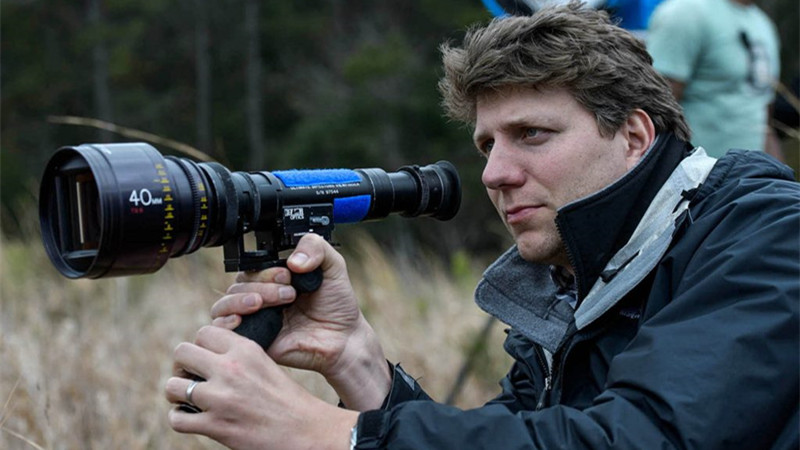
Jeff Nichols had an understated yet brilliant year in 2016. He showed his versatility as a filmmaker, jumping between genres and delivering two wildly different films that had great box office potential. But having box office glory has never been a particular interest of the director. He’s all for character and genuine storytelling that speaks of truth and realism.
“Midnight Special” saw the auteur team up with frequent collaborator Michael Shannon for a science fiction chase film about a father protecting his son with special abilities from government forces, and a mysterious cult that seeks the use the boy for their own selfish needs.
Although there are Steven Spielberg and John Carpenter influences running throughout, “Midnight Special” operates on a different cosmic level. It focuses less on thrill and spectacle and more on character and mystery. Nichols’ first studio picture still feels like an indie film on a bigger budget.
One got the sense that Warner Bros. never knew exactly what to do with the film, which resulted in a lackluster barely-there marketing campaign and even worse box office takings. Which is a shame, because “Midnight Special” is a great film if you take it for what it is and not what one hoped or thought it would be.
“Loving” was the same case of less is more. A biographical romantic drama based on a landmark case regarding interracial marriage, which the director took to a realistic place. Perhaps that’s why it failed to make a splash at the Academy Awards. It isn’t the typical based-on-a-true-story, against all the odds, love conquers all type of feel-good film. It’s drama, but not melodrama.
It’s biographical, but not just a retelling or springboard for an unfaithful retelling. It has the perfect balance between fact and entertainment. The performances of Joel Edgerton and Ruth Negga are spectacular as Richard and Mildred Loving. And Nichols shows sensibility and respect for his subjects with dazzling visuals and mature storytelling.
Both films showed why Jeff Nichols is one of the best and most underappreciated American filmmakers working today. But time will in the long run pay him his due.